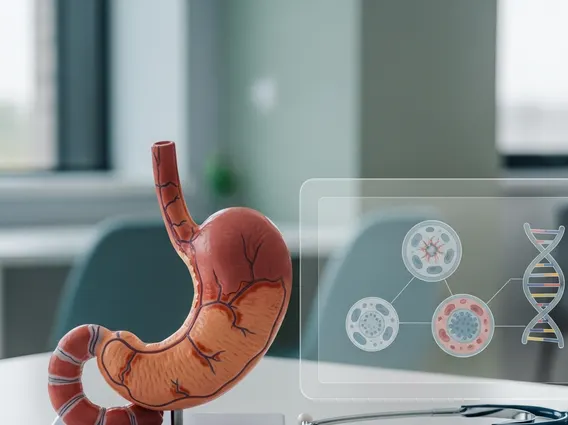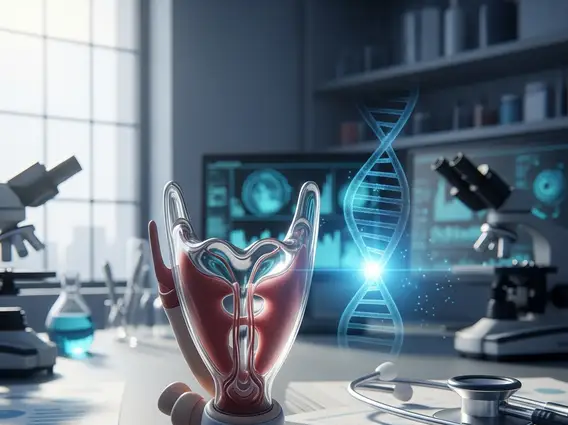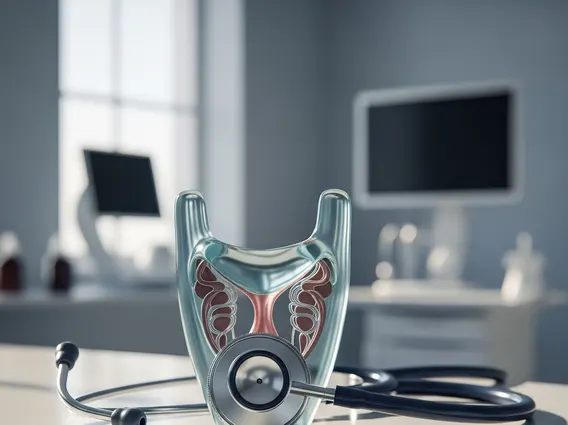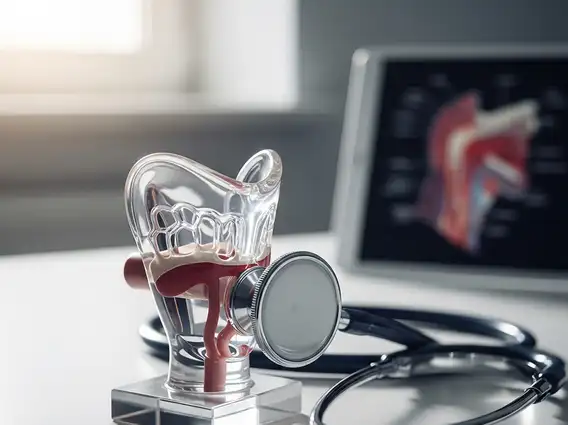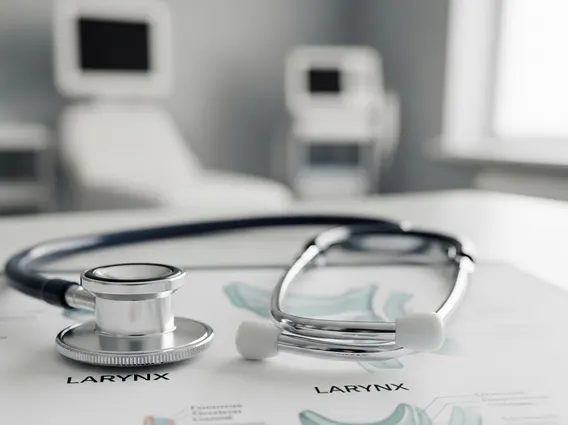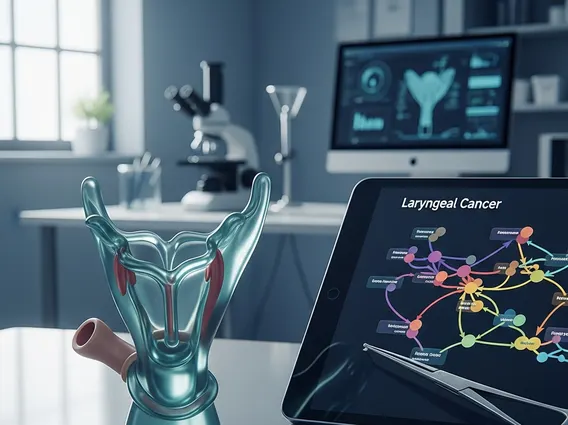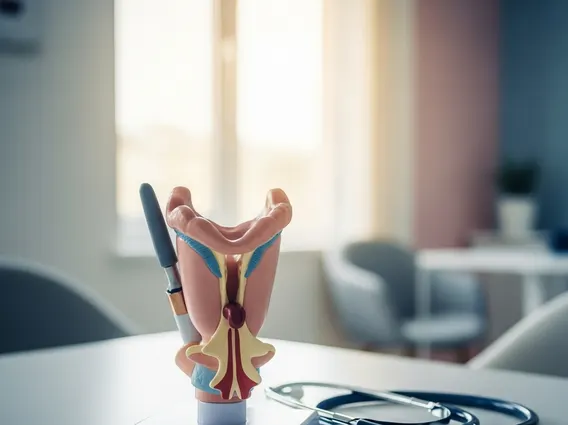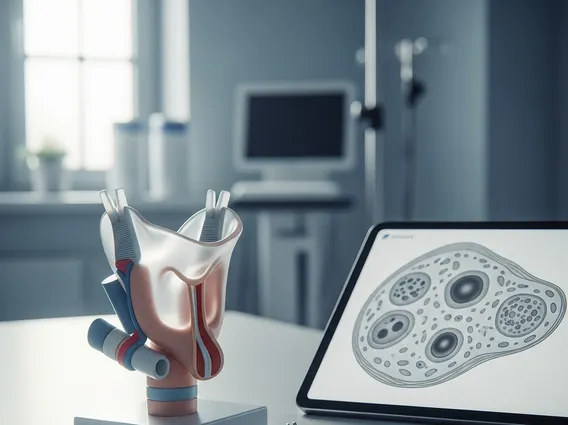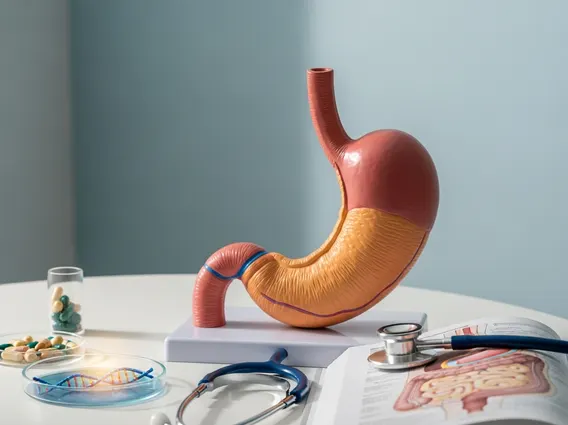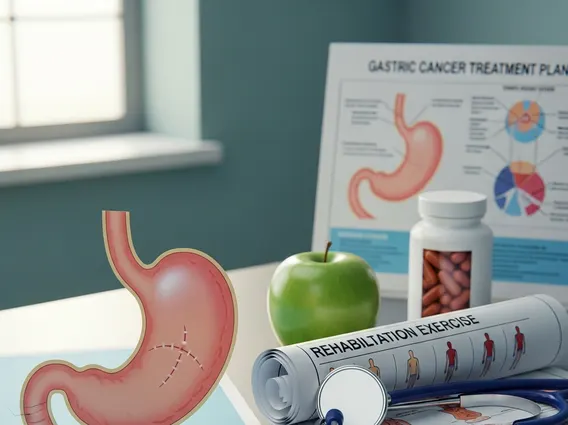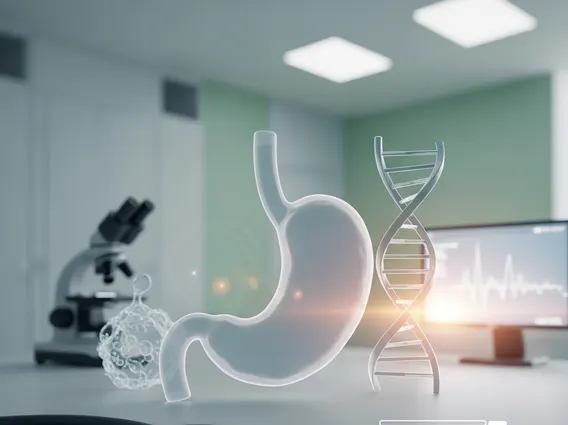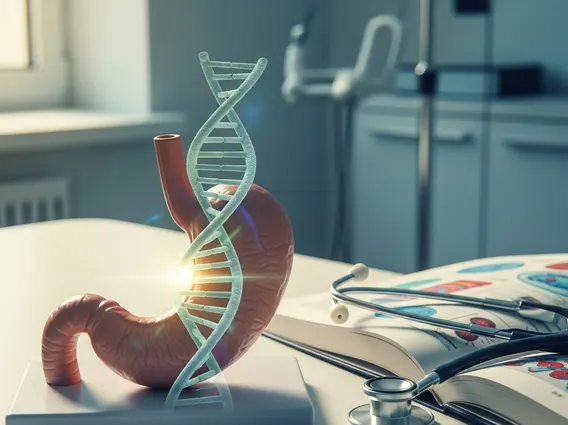A common concern for caregivers and patients is how to stop weight loss in cancer patients in a healthy way. In this article, we will provide tips to promote maintaining a healthy weight as well as the causes of weight loss. Weight loss during treatment is linked to more hospitalizations, delays in treatment, and malnutrition. It is important to prioritize nutrition and a balanced diet.
A healthy diet is important for cancer patients because malnutrition can be dangerous. Weight loss increases the mortality rate for most types of cancer, while also lowering the response to chemotherapy and other treatments.
Causes of Weight Loss in Cancer Patients
Weight loss can be attributed to two reasons, the cancer itself and/or the symptoms that occur during treatment. For patients with inoperable cases of cancer, the weight loss syndrome, cachexia, is common. These patients especially have difficulty handling the physical demands or intense symptoms of their treatment. Cachexia is characterized by:
- Muscle loss
- Anemia
- Loss of appetite
- Decreased quality of life
Currently, there are no guidelines for the treatment of cancer cachexia other than attempting to alleviate its’ symptoms. The difference between cachexia and standard weight loss for cancer patients is that the metabolism itself is being affected. Increasing calories will not help as much with gaining weight due to the change in the metabolic system. Cachexia is attributed to the cancer, not the treatment. Talk to your doctor about any new symptoms being experienced for suggestions on how to increase appetite or help with symptoms.
How to Stop Weight Loss in Cancer Patients
Every individual’s needs are different, and you should consult your doctor about any changes in your diet or loss of appetite from treatment. General tips for managing weight loss include:
- You may not be able to eat full meals easily due to loss of appetite, so eating multiple smaller meals throughout the day is a good alternative.
- Keep track of your daily intake of food and nutrition as well as how you feel after certain foods. Share with your doctor what foods cause nausea or a loss of appetite for suggestions on creating a balanced diet.
- Talk to your doctor about adding a nutritionist or dietician to your care team to make sure you are receiving all the proper foods and nutrients.
For some patients, your doctor might suggest taking a medication to aid in stopping weight loss. These medicines are designed to help with symptoms like nausea and vomiting while increasing well-being and promoting weight gain. These medications include:
- Megestrol Acetate
- Steroids (corticosteroids/glucocorticoids)
- Dronabinol (Marinol)
- Metoclopramide (Reglan)
- Pancreatic enzyme (Lipase) replacement

